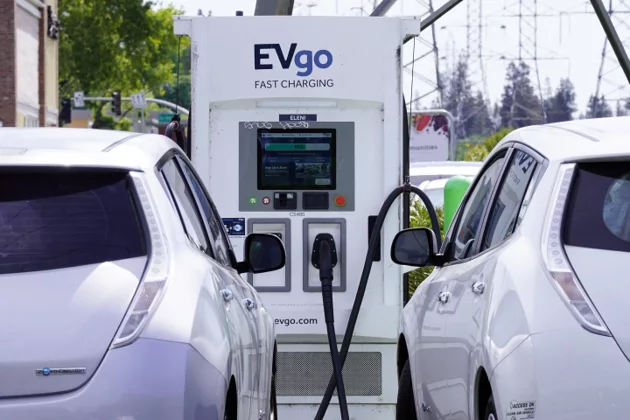CDRI's Two-Pronged Strategy to Empower the EV Industry
2024/03/01 | By Andrew Hsu
Leveraging these strengths, coupled with the systematic integration of EV motors, batteries, electronic control systems, new battery technology, and vehicle electronic modularization platforms crucial for EVs, alongside the provision of comprehensive hardware and software solutions, Taiwan's manufacturers are poised to seamlessly integrate into the burgeoning global EV supply chain.
To support this endeavor, the Commerce Development Research Institute (CDRI) outlines two strategic directions and resources for Taiwan's EV industry. Firstly, harnessing the technological prowess of Taiwan's automotive industry chain by fostering strategic alliances and collaboration to bolster international competitiveness. This includes initiatives like the MIH Consortium, an open EV ecosystem spearheaded by Foxconn, which fosters collaboration within the mobility industry. With over 2,300 participating companies, the Consortium facilitates cooperation, bridges technology gaps, reduces entry barriers, accelerates innovation, and shortens R&D timeframes.
Secondly, harnessing government subsidies and measures is crucial. For instance, targets for fully electrifying passenger buses by 2030 and new passenger cars and motorcycles by 2040 have been set. The government aims to enhance the environment through EV usage, technological transformation, and the provision of electric buses, charging infrastructure, and related subsidy measures. Moreover, the Executive Yuan's 2021 draft amendment to the "Vehicle License Tax Law" extends EVs' exemption from vehicle license tax for four years. This not only appeals to consumers but is also anticipated to stimulate growth in EV-related industries such as batteries, parts, and components.
Moreover, the Ministry of Economic Affairs (MOEA) has devised a blueprint for the establishment of public charging stations. By 2025, a significant number of these stations are projected to be constructed in central and local public parking lots, including highway rest areas, gas stations, high-speed railways, Taiwan railways, and airports. This initiative aims to address the escalating demand for charging infrastructure stemming from the increasing prevalence of electric vehicles on the roadways.
In summary, amidst the global push towards achieving net-zero emissions, countries are implementing policies and measures while industries undergo rapid supply chain restructuring. Consequently, governments and businesses must swiftly leverage their technological strengths and upgrade infrastructure to capitalize on emerging market opportunities.




